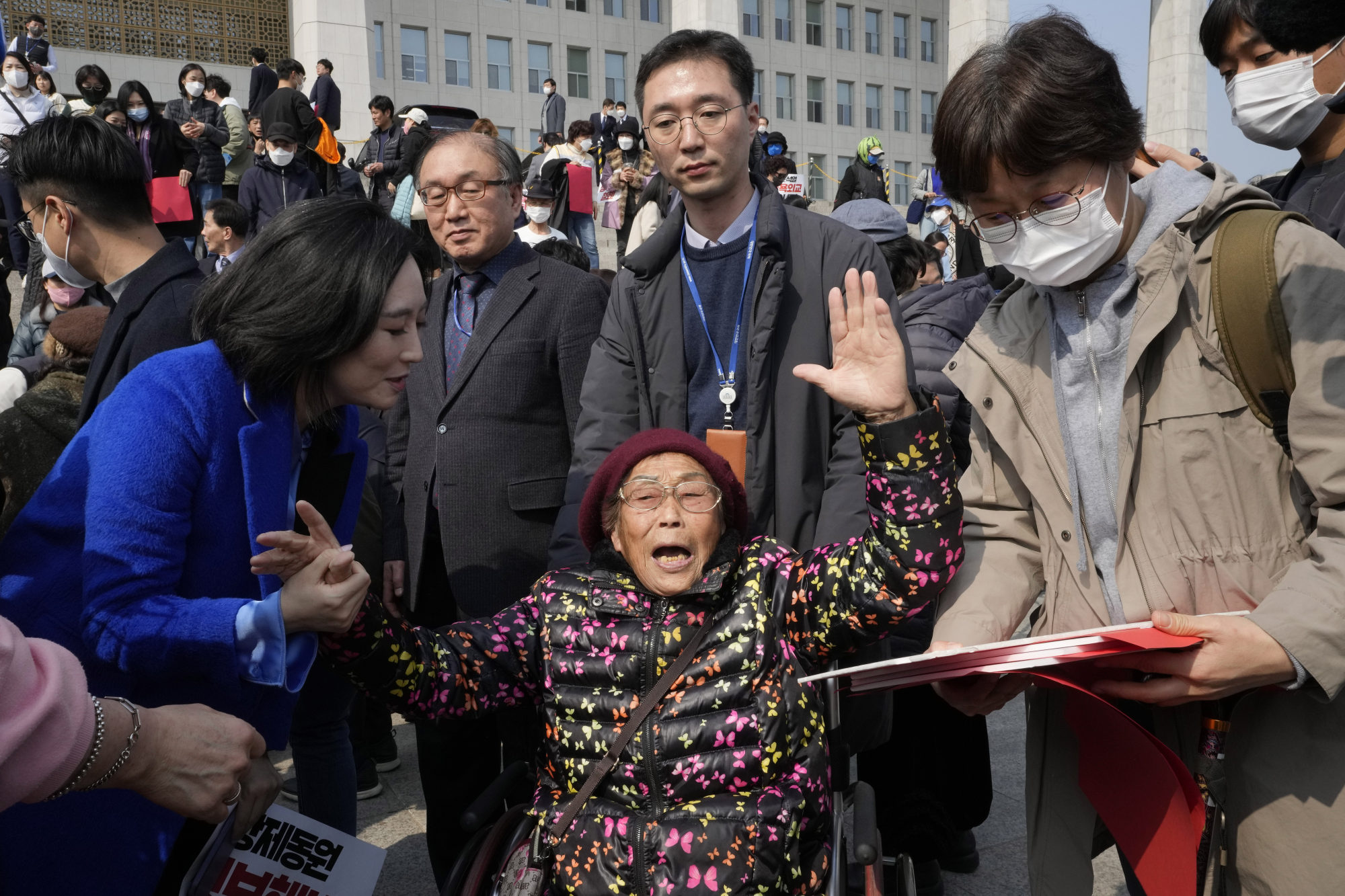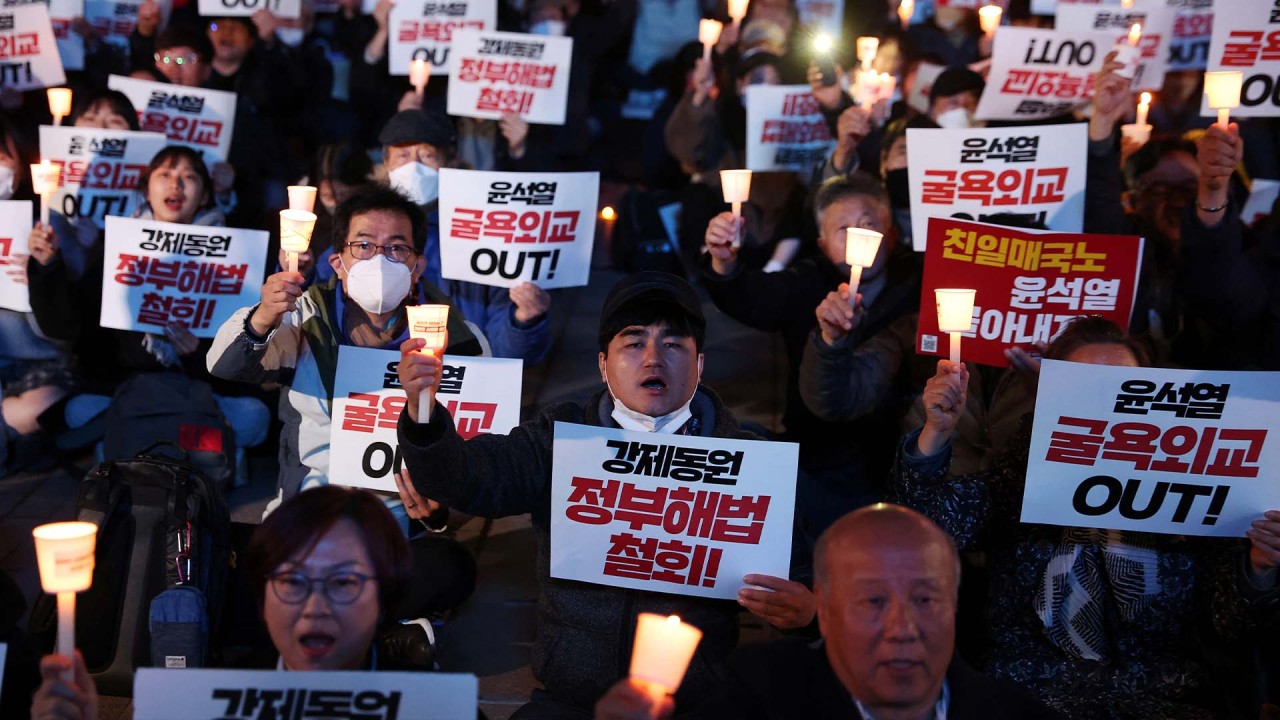
High hopes for Japan-South Korea tourism and trade as forced labour row set to ease
- Businesses on both sides are optimistic, but analysts suggest that the lifting of export restrictions is unlikely to lead to a sudden trade boost
- The easing of travel rules and the impact on tourism will be of greater importance to an uptick in business between the two nations, observers say

The decision immediately proved controversial in South Korea, where the former labourers and their supporters demanded that the money come directly from the Japanese companies and be accompanied by a clear apology.
Chinese shun South Korean goods as negative views of neighbour grow
“We expect Korea-Japan relations to improve and bilateral economic cooperation to further expand,” a joint statement issued by six business lobbies stated.
The agreement “will greatly help to reinvigorate economic exchanges between the two countries that have suffered damage directly or indirectly, due to the deterioration in bilateral ties”, it added.
The Japan Business Federation has similarly welcomed the development, with chairman Masakazu Tokura describing the announcement as “a major step toward the restoration of soundness in Japan-South Korea relations” and describing Seoul as “an indispensable partner”.
But Ryo Hinata-Yamaguchi, a project assistant professor at the Research Centre for Advanced Science and Technology at the University of Tokyo, said he did not think the changes would make much difference to trade.
“The restrictions meant South Korea was no longer on the ‘white list’ of preferred trade partners, but that never meant that they could not purchase these materials, only that they needed to complete a few more procedures,” he said.
Once companies on both sides had become used to the added level of bureaucracy, trade in the materials effectively returned to how it was before, he pointed out, although it did lead to South Korean firms diversifying their suppliers, which arguably hurt Japanese companies.
“At the outset, there was a lot of grass-roots opposition from South Korean society and very public boycotts of Japanese goods, but that has changed as people ran out of patience at not being able to drink Japanese beer, for example,” he said.

That assertion is backed up by the most recent import statistics, released on March 7, which showed that February imports of US$2 million of Japanese beer stood at the highest in three years, up by 315 per cent year on year.
Other Japanese brands are also enjoying a resurgence in South Korea, including clothing brands such as Uniqlo, shoe retailer ABC Mart and sporting clothes firms Asics and Descente. Boycotts also hurt brands such as Sony, Canon and Nintendo.
“An even bigger factor has been tourism, with numbers of Koreans visiting Japan skyrocketing since Japan opened its borders,” Hinata-Yamaguchi said.
Cheap, fast, good: South Korean weapons in high demand from Malaysia to Poland
“The feeling in both Japan and South Korea is that an improvement in trade ties and a depoliticisation of this dispute is good for bilateral relations and the business communities really just want to go back to ‘business as usual’,” he said.
“Both governments are concerned at the political trends that are emerging in the region – most particularly in China – and this shows they are willing to take economic countermeasures that will cause some difficulties for both governments, but are needed to expand trade, rebalance the relationship and forge closer ties.”


